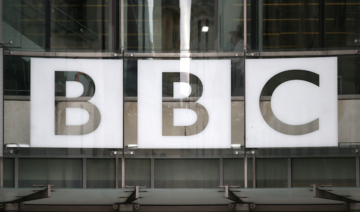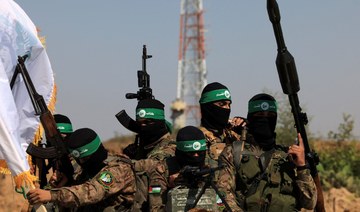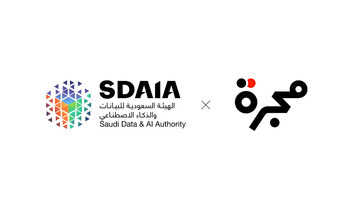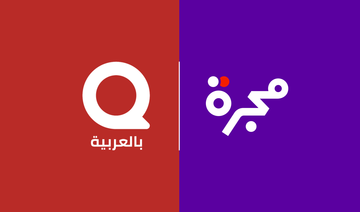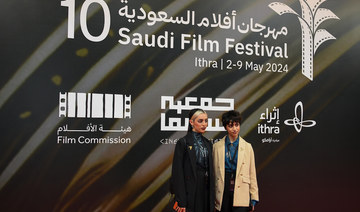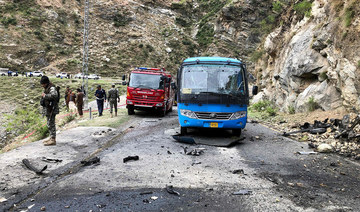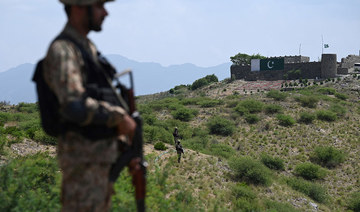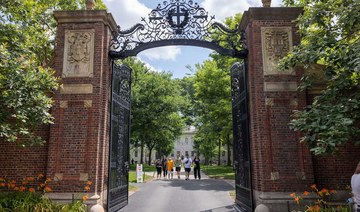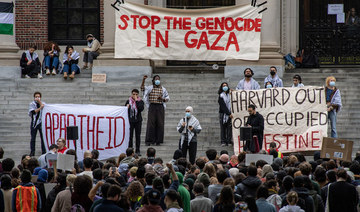Twitter Inc. said late on Thursday that hackers targeted about 130 accounts during the cyberattack this week, an incident in which profiles of many prominent personalities and organizations were compromised.
Twitter said that the hackers were able to gain control of a small number of accounts and send tweets from them.
The company added that it was continuing to assess whether hackers were able to access private data of the targeted accounts.
Accounts of celebrities and political figures including Joe Biden, Kim Kardashian, Barack Obama and Elon Musk were hacked during the cyberattack on Wednesday.
Twitter reiterated that it was working with impacted account owners.
The FBI’s San Francisco division is leading an inquiry into the Twitter hacking, it said in a statement on Thursday, as more Washington lawmakers called for an accounting of how it happened.
The high-profile accounts that were hacked also included rapper Kanye West, Amazon.com Inc. founder Jeff Bezos, investor Warren Buffett, Microsoft Corp. co-founder Bill Gates, and the corporate accounts for Uber Technologies Inc. and Apple Inc.
Twitter says about 130 accounts were targeted in cyberattack this week
https://arab.news/46qdh
Twitter says about 130 accounts were targeted in cyberattack this week

- Twitter said that the hackers were able to gain control of a small number of accounts and send tweets from them
- Accounts of celebrities and political figures including Joe Biden, Kim Kardashian, Barack Obama and Elon Musk were hacked during the cyberattack on Wednesday
British foreign secretary renews call for BBC to label Hamas as terrorists

- David Cameron says BBC should ‘ask itself again’ how it labels Hamas after death of British-Israeli hostage
- BBC defends its editorial position citing concerns over impartiality
British Foreign Secretary David Cameron reiterated his appeal to the BBC to designate Hamas as a terrorist organization following the death of a British-Israeli hostage.
The national broadcaster has maintained a clear stance since the beginning of the conflict, referring to the Palestinian group as “fighters,” “militants,” or a proscribed terrorist organization in its coverage.
This decision has sparked a nationwide debate, with some experts and politicians accusing the corporation of avoiding an accurate portrayal of the Islamist group, which is holding Israeli hostages.
Speaking to the BBC’s Laura Kuenssberg on Sunday, Lord Cameron urged the organization to reconsider how it labels Hamas and reassess its editorial policy.
The foreign secretary said: “Like everyone else, I watched the video on Twitter, X, last night, put out by Hamas of Nadav (Popplewell) answering a question as to who he was. And I watched that video and you just think, what callous people they are to do that, to play with the family’s emotions in that way.”
He added: “And when you see what Hamas are prepared to do, you just realise the terrible, dreadful, inhuman people, frankly, that we are dealing with.
“Maybe it’s a moment actually for the BBC to ask itself again, shall we describe these people as terrorists? They are terrorists.”
The BBC has resisted calls from the government to classify Hamas as a terrorist organization, fearing it could compromise its impartiality in the conflict.
Last October, Deborah Turness, chief of BBC News, explained the network’s decision not to label any group as terrorists, stating that such terminology is often politicized and weaponized in conflicts.
Hamas announced on Saturday that Nadav Popplewell had died from injuries sustained in an Israeli airstrike a month earlier, and released a video in which he appeared with a black eye and provided personal details.
Popplewell was abducted with his mother from her home in the Nirim kibbutz during Hamas’s incursion into southern Israel on Oct. 7, according to the Israeli Hostages and Missing Families Forum. His brother was killed, while his mother was released during a temporary ceasefire in November.
Cameron said that there were no updates on the fate of Nadav Popplewell as the Foreign Office continues to investigate the situation.
Majarra to publish ‘Werathyat’ magazine in partnership with Saudi Society for Medical Genetics

- Collaboration includes agreement to disseminate knowledge about genetic science and medicine in Arabic
DUBAI: Arabic digital content provider Majarra has signed an agreement with the Saudi Society for Medical Genetics to publish Arabic content that advances knowledge sharing in the field of genetics.
As part of the agreement, Majarra will publish SSMG’s quarterly journal “Werathyat,” which raises awareness, and provides education about genetic diseases and advancements in the field.
The magazine also highlights SSMG’s new initiatives and social responsibilities, with the goal of promoting genetic literacy and reducing the prevalence of genetic diseases in Arab societies, the companies said in a statement.
Additionally, the two organizations will collaborate on publishing other high-quality Arabic content on genetic counseling in order to enhance community awareness of genetic diseases, rectify misconceptions surrounding them, and provide psychological and cognitive support to individuals affected by such conditions.
The partnership plays a key role in showcasing SSMG’s efforts “to provide health care, social support, and educational services to individuals with genetic diseases and their families” and “facilitates the dissemination of awareness and genetic guidance through the innovative projects and programs implemented by our Society,” said SSMG spokesperson Prof. Zuhair bin Abdullah Rahbini.
For Majarra, the agreement “aligns with our mission to deliver the best Arabic content on the Internet” and the company will work with SSMG “in carrying out its mission of developing the medical practice of genetics, enriching scientific research, and providing awareness, the level of health awareness in our Arab societies,” said Dia Haykal, Majarra’s director of partnerships and branding.
“Werathyat” will be available on Majarra’s paid subscription-based mobile app. SSMG will provide Majarra subscriptions to all its members.
Britain’s Arab-focused SAFAR Film Festival to feature stories from 15 countries

- Biggest festival to date will include 60 screenings and events across four London venues, plus screenings in 8 other UK venues
LONDON: This year’s SAFAR Film Festival will be held from June 18-30 in nine British cities, making it the largest and longest-running Arab cinema event in the UK, according to the Arab British Center.
Curated by long-time SAFAR and Arab British Center collaborator Rabih El-Khoury, the 2024 program will explore the themes of dreams, hopes, and realities through stories from 15 Arab countries.
The festival’s program features 60 screenings and events across four London venues, as well as cinemas in Birmingham, Cardiff, Glasgow, Hull, Liverpool, Manchester, Oxford and Plymouth.
El-Khoury said the festival will include Sudanese and Palestinian cinema, and promised audiences “themes spanning family dynamics, loss, love, migration, and the harsh truths of war and politics.”
He said: “Within these stories, and through challenging and captivating cinema, we aim to facilitate exchange, reflection and share strength in solidarity.”
In its ninth year, SAFAR is viewed as the leading platform for showcasing Arab cinema in the UK.
The program features new releases, classics, archive film, and family-friendly screenings.
Highlights include the documentary “Life is Beautiful” by Mohamed Jalaby, which examines European solidarity, and the rigidity of borders, both physical and bureaucratic, amid the Gaza war in 2014.
Other works include “Bye Bye Tiberias” by Lina Soualem, a poignant exploration of four generations of Palestinian women; “The Burdened” by Yemeni director Amr Gamal, which follows Isra’a and Ahmed who struggle to provide a sense of normalcy for their three young children; and “Inshallah a Boy” by Amjad Al Rasheed.
“The festival forms a key part of our work to further understanding of the Arab world in the UK,” said Nadia El-Sebai, executive director of the Arab British Center.
“This year we are honored to work once more with Rabih El-Khoury and our guest curators and partners across the UK to present our biggest festival to date.
“Despite the shadows cast by the difficult realities faced across the region, SAFAR invites us to come together and find solace, hopes and dreams, in the universal language of cinema,” she said.
Taliban warn journalists and experts against cooperating with Afghanistan International TV
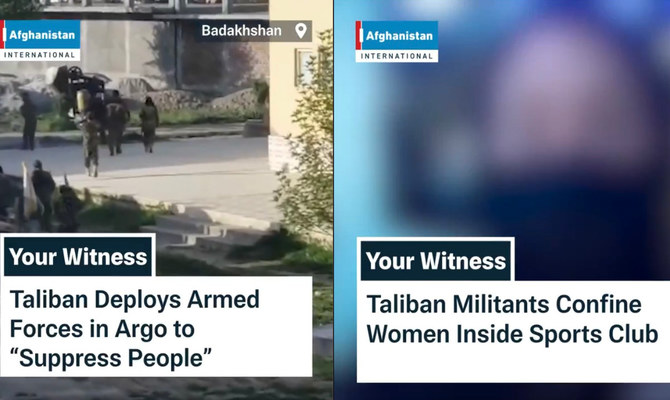
- Cooperating with the London-based media outfit is a crime, says Taliban information ministry
- During their previous rule in the late 1990s, the Taliban barred most TV, radio and newspapers
KABUL, Afghanistan: The Taliban on Thursday warned journalists and experts against working with Afghanistan International TV, saying they would be committing a crime if they cooperated with the station. It’s the first time they have told people not to cooperate with a specific outlet.
Afghanistan International TV, which is headquartered in London, is accessible through satellite, cable and social media.
A spokesman for the Taliban-controlled Ministry of Information and Culture alleged the station was committing professional violations and violating moral and legal boundaries.
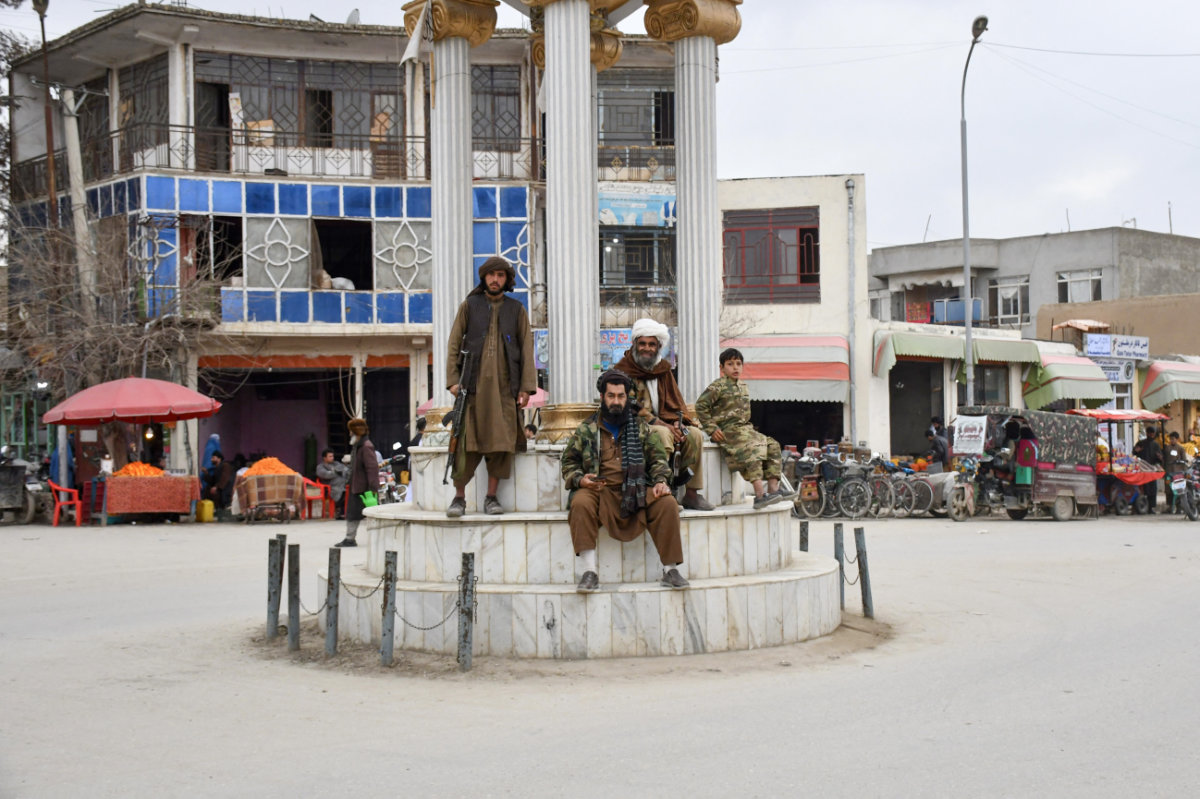
The Media Violations Commission wanted all journalists and experts in Afghanistan to cease their collaboration with the station, said ministry spokesman Habib Ghofran.
“At the commission’s meeting held yesterday (Wednesday), it was decided that participating in discussions and facilitating the broadcast of this media outlet in public places is prohibited,” added Ghofran.
The deputy minister for broadcasting Zia ul Haq Haqmal said people would be committing a crime if they cooperated with the station.
He cited 10 reasons to avoid working with Afghanistan International TV, including its alleged distortion or falsification of information and campaigning against the ruling system.
“If someone does not cooperate on the basis of all these 10 reasons, then it’s the court’s job to give a punishment,” said Haqmal.
The director of Afghanistan International TV, Harun Najafizada, said the commission’s decision would not affect the channel because it had no employees or freelancers in the country.
“We don’t have anyone on the ground and rely on the reporting of Afghan citizens,” said Najafizada. “That’s more challenging, but we have tough verification. It’s a threat to free media, to other media, and to put pressure on us to forgo our professional standards. It’s not going to work.”
Afghanistan fares abysmally in terms of press freedom. The latest index from Reporters without Borders ranked the country 178 out of 180. It ranked 152 last year.
The organization said three radio reporters were arrested in April for broadcasting music and receiving calls from female listeners during shows. Local authorities weren’t available to confirm the arrests.
Also last month, the Taliban suspended two TV stations for failing to “consider national and Islamic values.”
The director for one of the suspended stations, Barya TV, rejected the Taliban’s allegations. The station is still off air.
Latif Sadiq said the station wasn’t informed about the suspension. “The reports that they repeatedly warned (Barya) are absolute lies,” Sadiq said Thursday. “They have decided on their own that (Barya) television is off, broadcasting is off, and they said the case will go to court.”
Many journalists lost their jobs after the Taliban takeover in 2021, with media outlets closing over a lack of funds or because their staff left the country. Women journalists face additional hardships because of work bans and travel restrictions.
During their previous rule in the late 1990s, the Taliban barred most television, radio and newspapers.
170 speakers and 1,000+ delegates gather for Gulf Creatives Conference at Harvard University

- The 3-day event aims to be ‘the premier gathering for creative minds from the Gulf in the US,’ and to ‘empower, inspire and support Gulf creatives to drive positive change’
- It is organized by The Diwan, a student-run organization intended to provide a platform for discussion of topics relevant to the Arab world, and particularly the Gulf region
BOSTON: A Gulf Creatives Conference will begin on May 10 at Harvard University, bringing together more than 170 speakers and over 1,000 delegates from sectors such as arts and culture, business and innovation, nonprofits and public policy, healthcare, and science and technology.
The three-day event is organized by The Diwan, a student-run organization at the university in Cambridge, Massachusetts.
Abdulla Almarzooqi, chairperson of the organization’s UAE Committee, and a graduate student at Harvard, told Arab News the aim is for the conference to “become the premier gathering for creative minds from the Gulf in the US,” and to “empower, inspire and support Gulf creatives to drive positive change.”
The Diwan was founded in the fall of 2023 as a platform for experts, academics, policymakers and students to discuss topics relevant to the Arab world, and particularly the Gulf region, including entrepreneurship, the empowerment of women and young people, and education, he added.
It organized a conference in November last year titled “Shaping the Arab World: Navigating Opportunities and Challenges” that addressed the geopolitics of the region and the ongoing war in Gaza. Almarzooqi said it was the largest gathering of Arab ambassadors in the history of Harvard University.
Now the organization is hosting the Gulf Creatives Conference, at a time when emotions are running high on many college campuses in the US amid protests against the conflict in Gaza by students and, in some cases, faculty members. However, the Harvard event will focus on “creativity and showcasing the region’s most promising talents,” said Almarzooqi.
“Amid the rising tensions on US college campuses, we believe firmly in the power of creativity and the arts in healing wounds and bridging divides,” he added.
The conference will include 24 discussion sessions and five workshops, covering topics such as public policy, innovation strategies, and the future of healthcare, in which all delegates are encouraged to actively participate, organizers said.
The speakers include prominent figures such as: Dr. Mahmoud Al-Yamany, sector head of health and well-being at the NEOM urban development megaproject in Saudi Arabia; Majid Ibrahim Al-Fayyadh, CEO of the King Faisal Specialist Hospital and Research Center in Riyadh; and Deemah Al-Yahya, secretary-general of the Digital Cooperation Organization.
The Gulf Creatives Conference will take place from May 10 to 12 at Harvard University.





